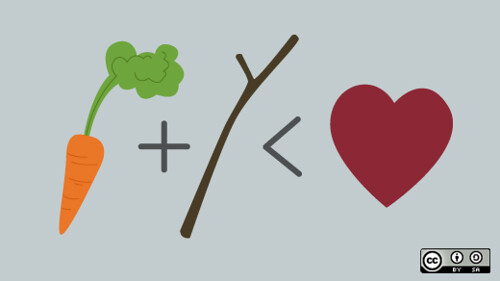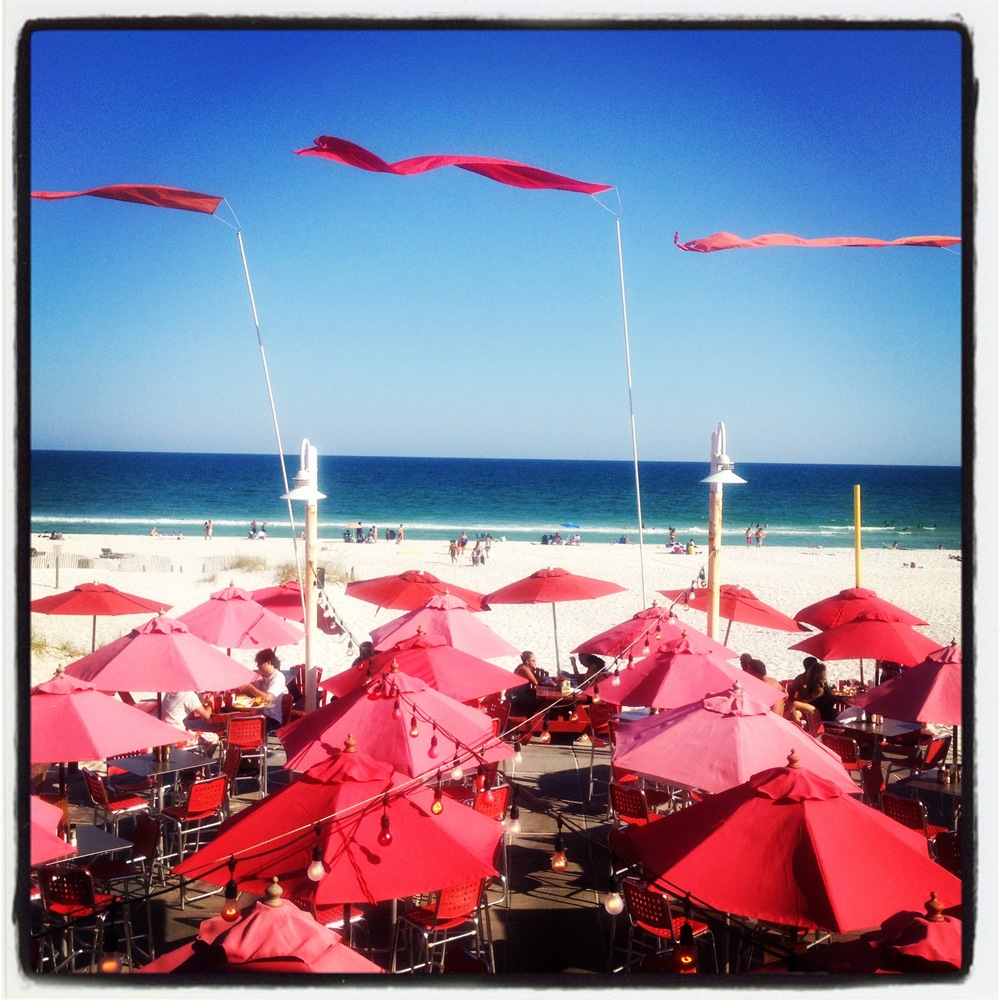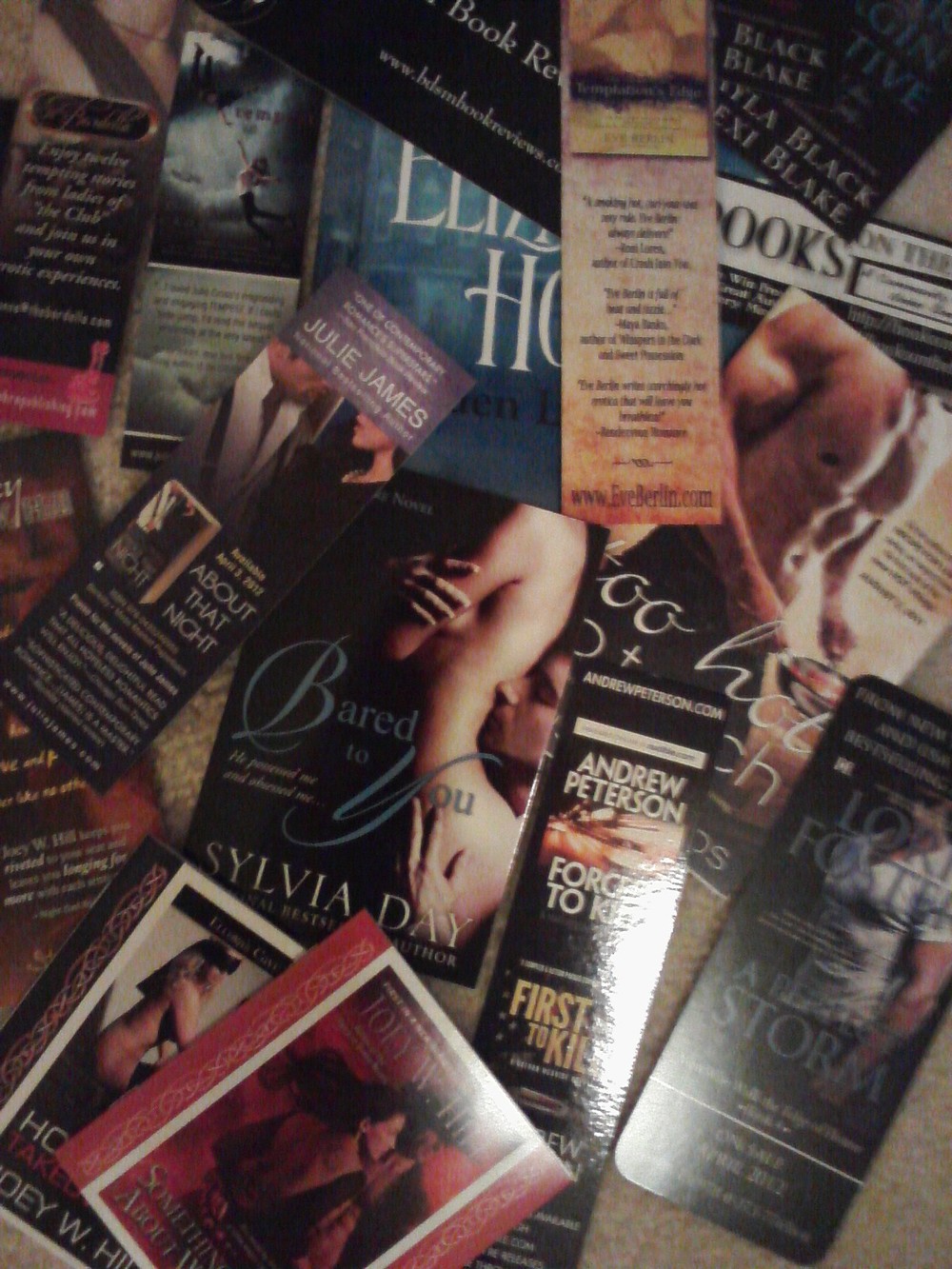 Image via opensourcewayWhen it comes to marketing our books, all of us want a captive audience. We want to know how to find the readers who love our books and the readers who COULD love our books. And we want to be able to reach out to these people so we can connect with them, build relationships, and at some point let them know when we have something new out. And one of the traditional ways of doing that for authors is the newsletter.
Image via opensourcewayWhen it comes to marketing our books, all of us want a captive audience. We want to know how to find the readers who love our books and the readers who COULD love our books. And we want to be able to reach out to these people so we can connect with them, build relationships, and at some point let them know when we have something new out. And one of the traditional ways of doing that for authors is the newsletter.
Talk to any marketing expert and they'll mention the importance of building your "list". The list being that group of people who have voluntarily signed up to listen to you. And this list is so important because a) This is your captive audience and b) It's something that can't be taken away like Facebook or Twitter (Remember MySpace? If you'd built all your following there, you'd be in trouble now.)
So that's why you'll see so many writers running contests that give you points or require you to sign up for their newsletter or blog in order to enter. You can give away a Kindle and get that ever-precious list to grow to hundreds, thousands! Whee!
Yeah. And guess how many of those people ACTUALLY give a flip about the kind of books you write? Exactly. They wanted to win the contest and jumped through your hoop, but they are not your target audience. But, but, but... you say. But they COULD become my readers when they see my kickass newsletter in their inbox. But they know my name now and name awareness is everything. But, but, but...
Here's the thing...
This is what typically happens when I've signed up for a newsletter in the past just to enter a contest or get something:
- I see it in my inbox, don't recognize the author, I delete it.
Everyone gets enough email, and we're accustomed to deleting spam and advertisements without even opening them. Newsletters are great when it's someone I'm truly interested in. But if I'm not a fan already, no newsletter has ever converted me into one.
- After I delete it a few times, I start to get annoyed and I unsubscribe.
So now, not only am I not interested, I kind of have a bad taste in my mouth. I feel like I was coerced into this subscription and now I have to waste my time to unsubscribe.
Why Coercion Doesn't Work
1. Email is a higher level commitment these days.
If I sign up for a blog, it's easy enough to scroll through my blog reader and skim past posts that don't interest me. But you do have a chance of catching my eye and maybe getting a new fan if you write something interesting. But if subscribing to a blog is like smiling at a guy across the room to let him know you could be interested, signing up for an email newsletter is like giving him your phone number and agreeing to a date. It's a bigger commitment. You don't want to date everyone. You hand pick those people.
2. It doesn't foster true connection with your readers or potential readers
When we sign up for something just to be entered for a contest, it's pretty clinical. Okay, what do I have to jump through to win this thing? Sign up for newsletter--check. Tweet the contest--check. This isn't introducing you to new readers necessarily. It's not giving them a reason of WHY they should WANT to follow you and get that pretty newsletter.
3. Newsletters are typically very fan-focused so play to a different audience than the group you coerced.
There are exceptions, but in general, newsletters are set up to play to that captive audience--your current fans. But if I'm not already a reader of your books, what do I care about exclusive excerpts or the cupcake recipe your character used? *delete* This goes deeper into what you should put in a newsletter. I personally think author newsletters are meant for current fans and blogs/twitter/facebook are better for attracting new people to try your books. But feel free to disagree with me on that one.
Can you tell I got one too many newsletters in my inbox this week? ;) I think newsletters are a fantastic feature to have added to your website. Many readers are NOT daily blog readers and like having a newsletter come to them to remind them that you have a new book out. However, I think newsletter sign-up should be truly voluntary. It's called "opting in" for a reason. And it's fine if you offer some freebie for signing up--an exclusive chapter, a free ebook, whatever. But have it be something that encourages interest in your books, something that plays to your target audience.
Don't just build a list to build a list; make it a meaningful one. One hundred true fan subscribers are better than a thousand people who really just wanted to win a gift card and have no real interest in you or your books.
So what do you think? Anyone else get annoyed by the newsletter thing? What newsletters do you love to get and look forward to reading? What audience do you think an author newsletter should be targeted toward--current fans or potential readers?








